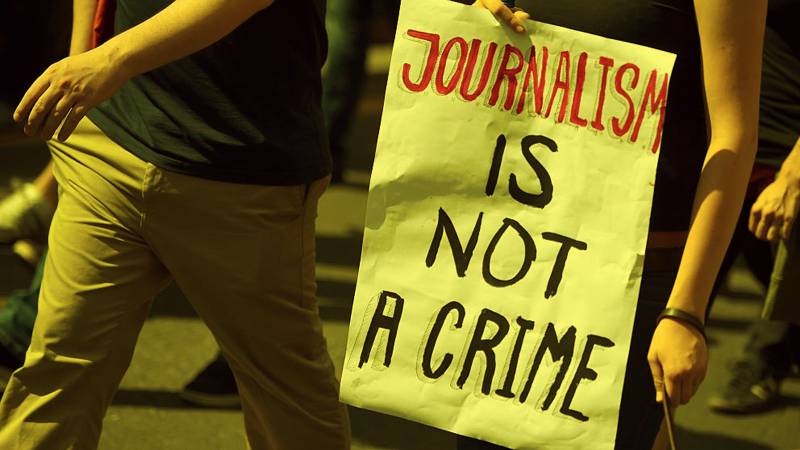
The civil society and journalists have rejected the Punjab Defamation Bill (2024), terming it a draconian and regressive tool to suppress dissent and criticism, according to a joint statement issued by more than 80 civil society organizations and journalists.
“We outright reject the Punjab Defamation Bill (2024) as a gross infringement on the fundamental rights of freedom of expression and press freedom. This bill serves as a draconian and regressive tool to suppress dissent and criticism, particularly targeting journalists and the wider public. Its explicit mandate of safeguarding "public officials" against defamation is nothing short of an authoritarian maneuver, designed to shield those in power from accountability and scrutiny,” the press release read.
They stated that the bill's provisions, such as allowing defamation actions to be initiated without proof of actual damage and imposing extortionate fines, amount to nothing less than legal intimidation tactics. By replacing district courts with tribunals, the bill opens the door for undue interference, they added.
“Furthermore, the bill's broad definition of "journalists" and "newspapers" to include social media users sets a dangerous precedent for stifling freedom of expression online. The proposed punishments, including the possibility of blocking social media accounts, are disproportionate and antithetical to democratic principles,” the statement added.
“We urge the Punjab government to heed the voices of civil society and stakeholders and reverse this effort to pass another regressive legislation akin to PECA. The Punjab Defamation Bill (2024) must be scrapped entirely and we demand governor Punjab not to sign onto this bill and any future attempts to address disinformation and hate speech on online platforms should be initiated with inclusive consultations at the national level.”

